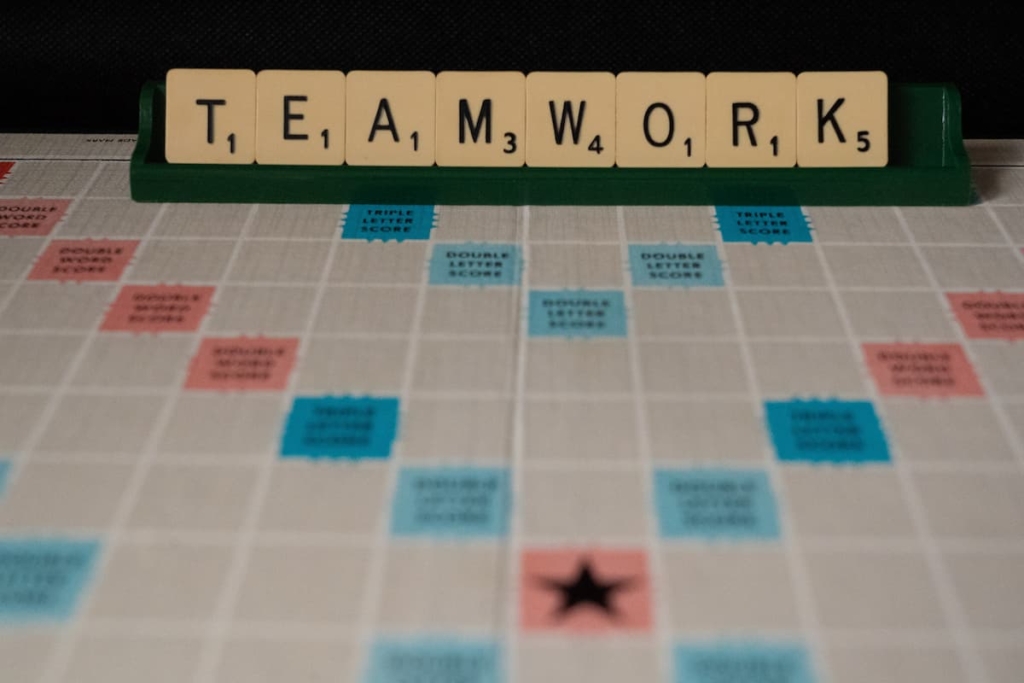Read next
Building Trust in the Collaborative World
By Bernie Bolger Collaborative Coach, FDRP, counsellor, mediator Member of CPNSW In a study done about seven years…
By Julia Brierly
Collaborative Coach and Principal
Sydney Dispute Resolution Pty Ltd
Interdisciplinary Collaborative Practice (ICP) is gaining traction in family law throughout Australia with practice groups springing up in major cities and regional centres across the country. Whilst the benefits of the Collaborative model have been widely recognised, challenges do sometimes arise, most often when a team of collaborative practitioners working on a matter lacks cohesion or the clients haven’t been adequately prepared for the process. Below are some of the key factors that contribute to a successful collaboration and some of the pitfalls to avoid.

The starting point for a successful collaboration is to ensure that the process is right both for the clients and for the dispute. Experienced collaborative lawyers and coaches will be assessing whether a matter is suitable for this process from the moment the client walks through the door.
The attitudes and temperament of the parties should be assessed (is there some residual goodwill between the spouses; how is their communication; are they looking to co-parent?), alongside contra-indicators such as family violence, substance abuse or mental health issues, which might impair the ability of clients to participate meaningfully or to sit down with each other around a table. Likewise, the nature and complexity of the matter, or the fact one party is wedded to a lawyer who is not collaboratively trained, may mean a different process such as legally-assisted mediation may be more appropriate and can still achieve a timely and costeffective outcome for the parties.
Whilst we are all in a hurry to build up our Collaborative caseload, we need to listen to our ‘gut feeling’ and trust our professional judgement if we suspect parties may not be suited to the process. It is better to take a cautious approach and, if appropriate, recommend an alternative pathway, otherwise we risk setting our clients up to fail.
Lawyers sometimes hesitate to propose a coach at the start of a matter, for fear the parties may baulk at the additional cost. However, engaging an experienced and impartial coach will often help the process run smoothly and save time and money for clients in the long run, whilst freeing up the lawyers to focus on creative problem solving and advocacy. An effective coach will do much of the heavy lifting, conducting the initial intakes, framing the agenda, preparing clients for five-way meetings and navigating their way around impasses and road blocks.
Coaches can also conduct three-way meetings with clients, without lawyers present, to clarify goals, strengthen the parental alliance, seek feedback from other specialists or assist parties with more productive communication strategies to bring back into the room. As steward of the process, drawing on their expertise in counselling and mediation, the coach is skilled at reading the “temperature in the room”, the better to identify when clients may seem resistant or disengaged and to keep parties on track and moving forward.
The growing success of ICP in family law means that word is spreading in the community and clients are starting to engage law firms specifically for their expertise in Collaborative law. Even if clients are already sold on the process, it’s important that both lawyers and coaches ensure that clients fully grasp the key features of Collaborative Practice and how it differs from conventional family law or mediation.
Taking time to assist clients to prepare the Opening Statements and identify interests and needs will help the parties start to move beyond fixed positions and win/lose scenarios. Likewise, clients need to be clear as to what they are signing up for, and that they will be asked to sign a binding Participation Agreement, covering the main features of ICP, as well as the terms for conclusion or termination of the process. In my view, the key points to cover in the first consultation or intake with clients are as follows:
In our enthusiasm for ICP, it’s tempting to evangelize about the benefits of collaborative practice, at the risk of glossing over the more challenging aspects of what is still an innovative model of ADR. Whilst it may be quicker, cheaper and less stressful than litigation, clients can still find the process expensive, drawn out and even painful at times, as they struggle to resolve issues with their spouse, confront the realities of reduced financial resources, and contemplate less time with their children. As practitioners, we need to prepare clients up front for the fact that the process may be challenging, and at times, far from plain sailing. On the upside, we can reassure them that in this non-adversarial model, the whole Collaborative team has their backs and is working to help both parties navigate towards a stronger parental alliance and a secure financial future for their family.

It’s clear that whilst more and more lawyers, coaches and financial neutrals are signing up to train in ICP, many find it a steep learning curve when they begin to run their first cases. This innovative approach requires a very different mindset and modus operandi for both lawyers and coaches. Coaches can at times feel like the ‘spare wheel’ and need to confidently insert themselves into the process. Lawyers often find it tricky balancing the need to protect their client’s interests, whilst sharing legal advice in front of the other party. We need to learn from each other as we go, consult with specialists on the team, seek supervision when appropriate from more senior practitioners, and in so doing, work towards a positive outcome for the whole family.
We can only expect our clients to fully commit to the process if they see us modelling respect and transparency, a willingness to strive for creative solutions and to show tenacity and optimism when the going gets tough. A collaboration truly succeeds when the practitioners make that leap of faith to really cooperate as a team, set aside time to debrief after meetings and are frank and fearless with each other in addressing problems as they arise.
Whilst it is not without its challenges, the great benefit of the Collaborative model is its inherently collegial nature. Instead of adversaries, lawyers find themselves working alongside each other towards a common goal. Coaches, child consultants and financial neutrals enjoy the professional satisfaction of providing holistic solutions for their clients, in tandem with experts in other fields. This is the key to a successful collaboration. For all of us, the opportunity to join thriving practice groups and forge new working relationships across different disciplines offers benefits above and beyond those we might have anticipated, as we accompany clients on their collaborative journey towards a more positive future.